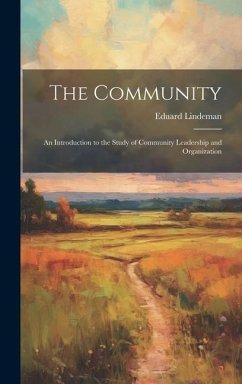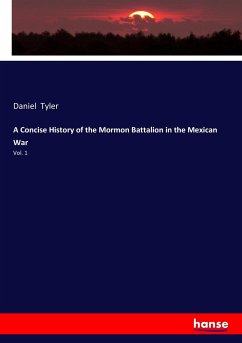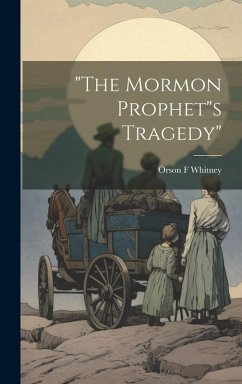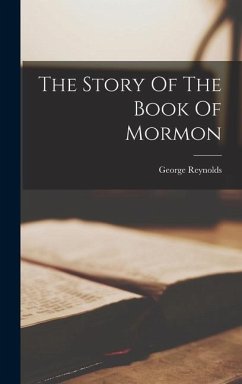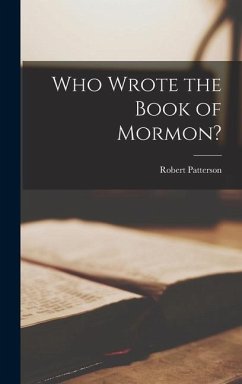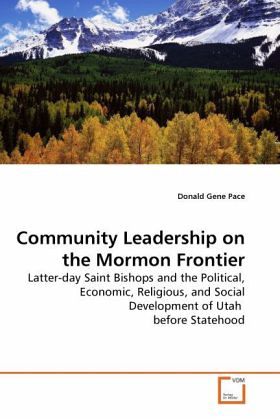
Community Leadership on the Mormon Frontier
Latter-day Saint Bishops and the Political, Economic, Religious, and Social Development of Utah before Statehood
Versandkostenfrei!
Versandfertig in 6-10 Tagen
52,99 €
inkl. MwSt.

PAYBACK Punkte
26 °P sammeln!
The quest for effective community leadership, a persistent theme in world history, is the central theme of this path-breaking analysis of the confluence of community building and an underappreciated group of community leaders: the Latter-day Saint bishops. This study focuses on ecclesiastical leadership in the settlements of the nineteenth-century American West that were founded by The Church of Jesus Christ of Latter-day Saints (Mormons). Bishops were at the heart of an expansive, inspiring, and unprecedented experience in community building. They exerted a greater direct influence on communi...
The quest for effective community leadership, a persistent theme in world history, is the central theme of this path-breaking analysis of the confluence of community building and an underappreciated group of community leaders: the Latter-day Saint bishops. This study focuses on ecclesiastical leadership in the settlements of the nineteenth-century American West that were founded by The Church of Jesus Christ of Latter-day Saints (Mormons). Bishops were at the heart of an expansive, inspiring, and unprecedented experience in community building. They exerted a greater direct influence on community-building than any comparable American leadership group since the Puritan fathers in colonial New England. The bishops were the town fathers, the pillars of their communities. Their value-based leadership, their other-worldly approach to worldly affairs, their quest for community, and their zeal for the collective good conjures up images of seventeenth- century Puritans, and yet these western Saints were no mere imitation. Their unique faith, characterized by both preaching and practice, left what eventually became an American and global legacy.





